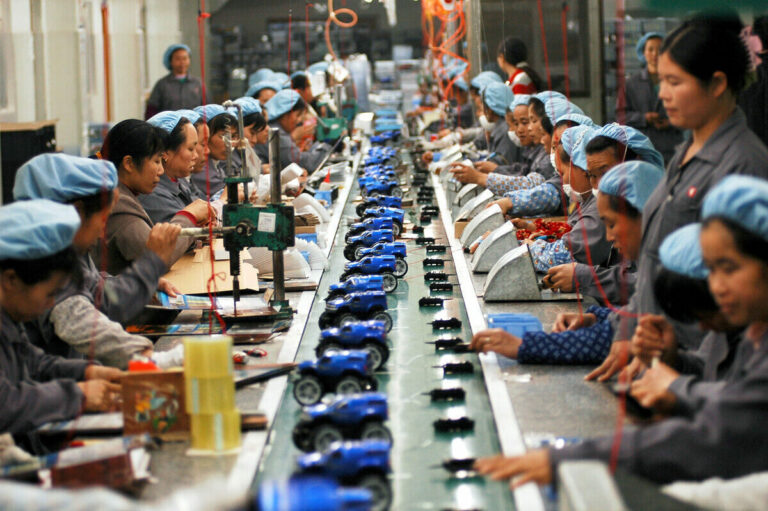guest workers
PM Orbán’s crucial announcement about how long guest workers may stay in Hungary

Hungarian workers allegedly replaced by cheap guest workers: Orbán cabinet responds

Middle-aged Chinese guest worker suspected of raping an underage Hungarian girl in Debrecen

In an unexpected turn, CATL in Debrecen dismisses Hungarian workers to allegedly make room for guest workers

Job cuts and hiring sprees: What Hungary’s battery industry shake-up means for guest workers

Drastic change concerning the rules of temporary work in Hungary: it may affect many guest workers

Surge of guest workers in Hungary: where are they coming from and why?

PM Orbán’s brother named in shady guest worker recruitment scheme

Hungary’s healthcare crisis: Government considers importing thousands of health workers!

Hungary’s strategic sector in great need of diligent guest workers, but the anti-guest worker campaign continues

The national interest exception: How guest workers “find a way” into Hungary

Handy guide to healthcare in Hungary for expats and foreigners

New research reveals Hungarian employers’ surprising views on guest workers

Life in Budapest: What foreigners need to know from the perspective of a Chinese national

The short history of Hungary for expats, tourists, guest workers: all you should know – PART I

Hundreds of guest workers in Hungary expected for new battery factory — recruitment starts soon

Did Sikh or Indian guest workers bring a deadly virus into Hungary? Here are the first conclusions of an ongoing investigation

How much can guest workers earn in Hungary?





 ZH
ZH IT
IT DE
DE HR
HR NL
NL FR
FR JA
JA RO
RO RU
RU ES
ES TR
TR
